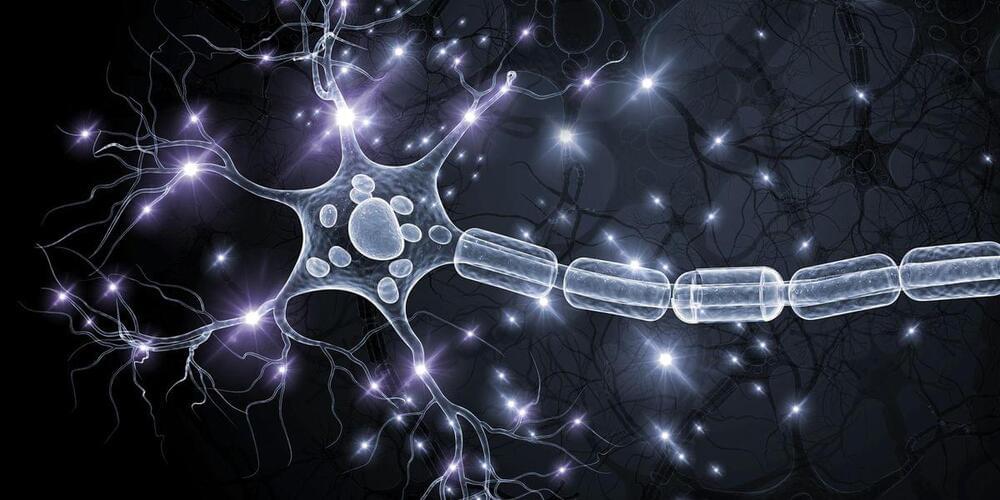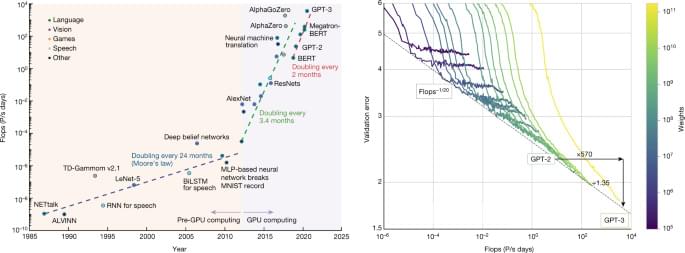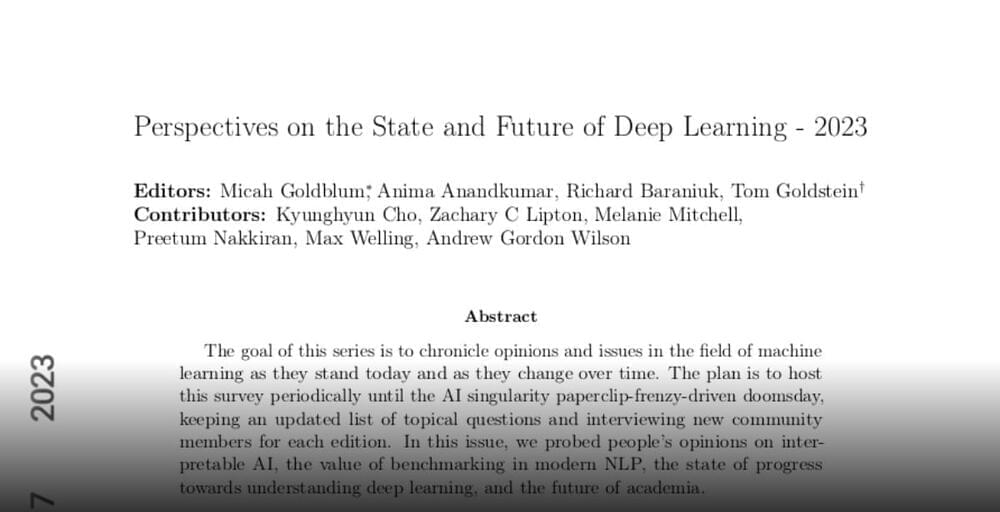Dec 19, 2023
AI generates proteins with exceptional binding strengths
Posted by Chris Mcaulay in categories: biotech/medical, robotics/AI
A new study in Nature reports an AI-driven advance in biotechnology with implications for drug development, disease detection, and environmental monitoring. Scientists at the Institute for Protein Design at the University of Washington School of Medicine used software to create protein molecules that bind with exceptionally high affinity and specificity to a variety of challenging biomarkers, including human hormones.
Notably, the scientists achieved the highest interaction strength ever reported between a computer-generated biomolecule and its target.
Senior author David Baker, professor of biochemistry at UW Medicine and Howard Hughes Medical Institute investigator, emphasized the potential impact: “The ability to generate novel proteins with such high binding affinity and specificity opens up a world of possibilities, from new disease treatments to advanced diagnostics.”


















